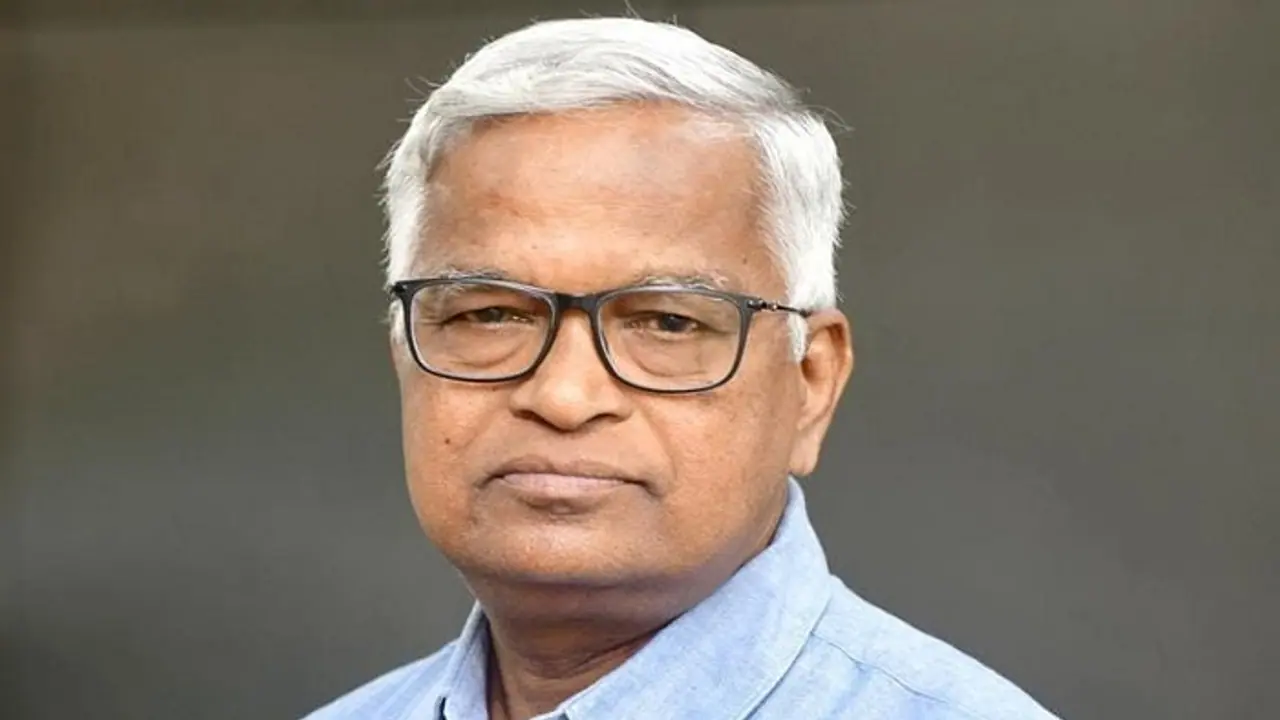Purushottama Bilimale, Chairman of the Kannada Development Authority, emphasized the need for Kannadiga unity to counter Hindi imposition in Bengaluru. He called for job reservations and the implementation of the Sarojini Mahishi report amid concerns over the declining percentage of Kannadigas due to increasing immigration.
Purushottama Bilimale, Chairman of the Kannada Development Authority, stressed that the unification of Kannadigas in Karnataka, particularly in Bengaluru, is crucial to counter the imposition of Hindi. He called for the implementation of the Sarojini Mahishi report, advocating for job reservations for Kannadigas. Bilimale stressed that if the federal structure of India is to remain robust, all languages must be afforded equal opportunities.

Bengaluru is witnessing escalating tensions between native Kannada speakers and non-Kannadigas, particularly those who speak Hindi. The influx of migrants, especially from northern India, is a growing concern. If this trend continues, there are fears that Kannadigas could become a minority in their capital.
'Why I love Bengaluru': Man's encounter with kind auto driver amidst traffic, rain woes sparks reactions
Kannada intellectuals and activists have raised alarms, warning that without collaboration between the government and the Kannada community, the local culture will be stripped of vital opportunities, including access to jobs and businesses.
Over the past three decades, a stark increase in the number of non-Kannadigas in Bengaluru has been observed. Although precise statistics are unavailable, it is believed that the percentage of Kannadigas has dwindled to around 40 to 45%, while the number of Hindi speakers continues to surge alarmingly.
Language transcends mere communication; it is integral to existence, relationships, culture, and heritage. Recent conflicts rooted in language—affecting auto drivers, restaurants, shops, and factories are casting Kannadigas in a negative light. From street vendors to IT professionals, North Indians dominate the workforce, leaving local Kannadigas struggling for employment.
The global rise of North Indians has led to troubling remarks, with Hindi speakers dismissively claiming that their presence is required in Bengaluru. Regrettably, both the government and the Kannada community seem ill-equipped to address this challenge. Moreover, Hindi speakers settling in Karnataka have often belittled the local language, culture, and heritage. This could be attributed to the indifference of Kannadigas toward their own linguistic identity in a competitive economy.
Kannadigas are finding it increasingly difficult to secure their rightful place in industries within their state. They now form a minority in many housing complexes. Meanwhile, Hindi speakers, along with other outsiders, are appropriating the region’s resources and wealth while disparaging the Kannada language and culture on social media. Alarmingly, no significant actions have been taken by the government to remedy this situation, tarnishing Kannada’s reputation globally.
There are mounting calls for legal measures to counteract these issues. Just as laws exist against treason, demands have been made for similar legislation to penalize those who undermine Kannada culture and the lives of its people.
MP's inaction on Kannada language mandate
In 2015, the Supreme Court dismissed the Karnataka government's attempt to make Kannada a compulsory subject at the primary level. There appears to be little urgency among lawmakers to amend the constitution regarding this issue. The 28 elected MPs from Karnataka could learn from Tamil Nadu's proactive approach to language preservation. Critics argue that while Tamil MPs organize for their state's linguistic benefits, their counterparts from Karnataka are preoccupied with trivial political disputes.
Implementation of Sarojini Mahishi report
The implementation of the Sarojini Mahishi report is essential to secure the status of Kannadigas in various industries. The threat posed by non-Kannada speakers is escalating daily. A collective effort to promote and use the Kannada language is imperative. All business signages, including factories and shops, should be in Kannada. Furthermore, online derogatory comments against Kannadigas must be regulated and punished under the law.
'Teach skills in govt colleges': Actress Pooja Gandhi urges for Rural Skill Development programs
Praveen Shetty, president of the Karnataka Rakshana Vedike, has expressed concerns that if measures are not taken to manage the immigrant population, Kannada territory may eventually become dominated by Hindi speakers.
The tensions between Kannadigas and Hindi speakers are sometimes framed as a conflict between state and central governments. While local communities clash over language differences, government entities label language study as 'unproductive,' an alarming trend that deters people from engaging with their linguistic heritage. The growing apprehension among Kannadigas regarding non-Kannada speakers underscores the need for government support in preserving the Kannada language. In this context, Kannadaprabha daily will initiate a series of reports to address these critical issues.
